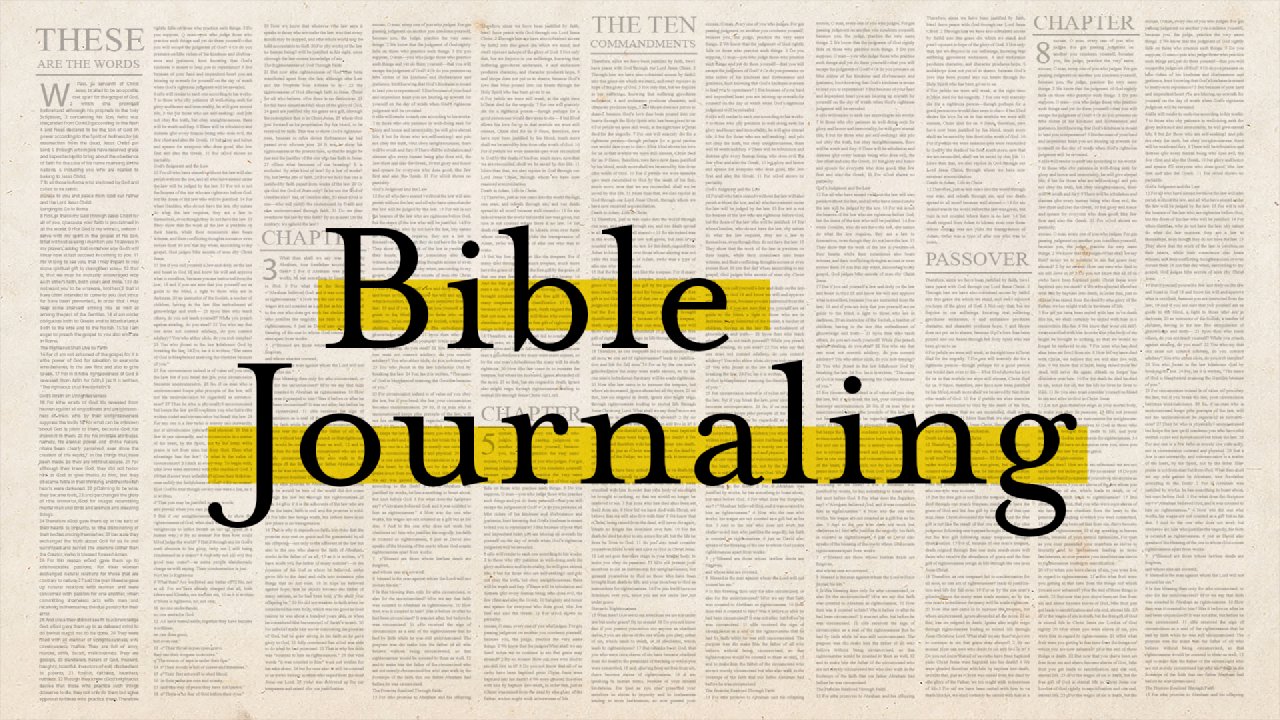Faithful and “careful” obedience – not perfection, is: 1) what God expects in relation to His commands (28:1), 2) a condition of our salvation (28:1 – “If you faithfully obey…”; Evangelical view = There are no conditions other than faith).
If we “faithfully obey the voice of the LORD (our) God” and are “careful to do all His commandments” then He promises to cause “all these blessings to overtake (us)” (28:2): 1) prosperity: we will prosper in our work, endeavors and investments (28:3-6, 8, 11-14), 2) protection: our enemies will be “defeated” and unable to unify/gain strength against us. They will also be “afraid” of us (28:7, 10; “flee before you seven ways” = A strategy in war. You route/scatter the enemy so that they cannot unify their forces against you.), 3) pardon: we will be made “holy” which implies the forgiveness of our sins (28: 9) (See Mat 6:9-13; 2Co 1:20).
If we do not (faithfully) “obey the voice of the LORD (our) God” and are not “careful to do all His commandments and His statutes”, then He promises to cause “all these curses to come upon (us) and overtake (us)” (28:15): 1) poverty: we will experience “confusion and frustration” – and ultimately failure, in our work, endeavors and investments (28:16-20, 22b-24, 38-46), 2) sickness: we will be “consumed” with “pestilence”, “extraordinary afflictions” “sicknesses grievous and lasting”, “every sickness and every affliction”, “diseases…of which (we) are afraid”, diseases of the brain and mind (28:21-22a, 27-29a, 35, 58-61), 3) tragedy: we will be constantly distressed, doubting dreading and deceived as we are given over to defeat, oppression, robbery, false religion, enslavement, rape and other ruinous acts or atrocities (28:25-26, 29b-34, 41, 47-57, 62-68) (Consider again 2Co 1:20 w/Heb 13:8 and Heb 10:30-31; In re: to false religion see 2Th 2:11-12).
If we are being cursed by God then: 1) we need to realize there is unfaithfulness in some area of our life (28:46 = Curses are a “sign” of unfaithfulness), 2) we have no right to complain or treat Him as unjust since this is what we agreed to as part of our covenant relationship w/Him. He is simply being “faithful” (to our agreement and His promise) (27:11-26 = our agreement [“Amen”] w/ch.28 = His promise w/2Ti 2:13 = He wb faithful to our agreement and His promise).
To receive God’s blessings (or “abundance of all things”) yet not “serve (Him) with joyfulness and gladness of heart” will also invite His curse upon us. IOW: Our attitude in obedience also matters! (28:47).
Unfaithfulness – not forgetfulness, is what creates lack of assurance (28:66; Evangelical view = You forgot what Christ did for you on the cross; See 2Pe 1:8-11 = Assurance gained thru faithfulness).
Maintaining our covenant relationship w/God (or Christ) requires: 1) regular/repeated remembrance of God’s former acts of deliverance – especially in times of insecurity (29:1-3, 6-9 = The events listed in these verses are repeated multiple times in the book of Deuteronomy – see chs 1-3 and 29. Moses also commands that they be taught to the future generations – ch.6), 2) recognizing that God’s power (to deliver) is so great that it defies human comprehension (29:4; Consider Mat 19:26; Psa 145:3; Job 26:12-14).
God believes in family-integrated salvation (29:10-15; In accordance w/God’s promise to “Abraham, Isaac and Jacob”, His covenant of salvation [29:13 = Covenant formulary/Bundesformel] is something He expects all members of the believer’s household to enter into – including their “little ones” [i.e. babies and small children]; Gen 17:9-13 w/Act 2:38-39).
Those who have “abandoned the covenant of the LORD” (29:25) are: 1) identified as those whose “heart is turning away from the LORD” in loyalty to the false “gods” or things of this world (the “nations”) (29:18a), 2) often possessing the “poisonous” belief that they can live in unfaithfulness/disobedience to God and still receive His blessings (29:18b-19), 3) apostate, under God’s “great wrath” and cursed w/ “calamity” (29:20-28).
We are not to worry about what remains concealed, only what has been “revealed” (Deu 29:29).
God’s offer of salvation and blessing is available to the children of those who go apostate (Deu 30:1-10).
God gives the ability to faithfully obey His commands to His covenant people (30:6, 8 w/11-14).
The paths of life and good, death and evil sb so clear to those in covenant w/God that they are w/o excuse (30:15-20).
Those anointed by God sb “strong and courageous” (versus in “fear or dismayed”) since they have been picked by God and are being led by God (31:1-3, 7-8, 14 – “commission” = anoint; 1Ti 1:18, 4:14; 2Ti 2:6-7).
Those faithfully following God’s anointed leaders should also be “strong and courageous” (versus “in fear or dread”) since God is leading His covenant people thru them (31:1-6 w/7 “you shall put them in possession of it”, 23 – “you shall bring the people of Israel into the land”; Heb 13:17).
God’s paradigm/prescription for discipleship/learning is corporate not personal (31:11 w/29:10-11; e.g. Never do we see Jesus taking one of the twelve off to do personal discipleship. The biblical paradigm is corporate bc that is how God created us to learn. IOW: personalized discipleship/education models are unbiblical).
God commands His priests/pastors to regularly read and teach His Law as one of the ways to produce fear and faithful obedience (31:9-13; 1Ti 4:13).
The absence of strong godly leaders and an abundance of blessings (or affluency) has proven to be a recipe for idolatry and apostasy (31:15-18, 20, 24-30).
Giving glory to God and warding off unfaithfulness happens as much thru songs about our potential for rebellion as it does thru songs of praise (31:19 w/Psa 51:4; Rom 3:4-8).
God’s knowledge of people’s future action (e.g. rebellion) is b/c He knew the present condition (or “inclination”) of their heart (31:20-21).
One of the ways God perfectly, justly and lovingly shepherds His people is by writing songs about their rebellion and putting it in their face (31:19-21, 30).

Journaling: Deuteronomy 28-31
August 23, 2020 • R. Scott Jarrett • Deuteronomy 28, Deuteronomy 29, Deuteronomy 30, Deuteronomy 31
More from
Bible Journaling





